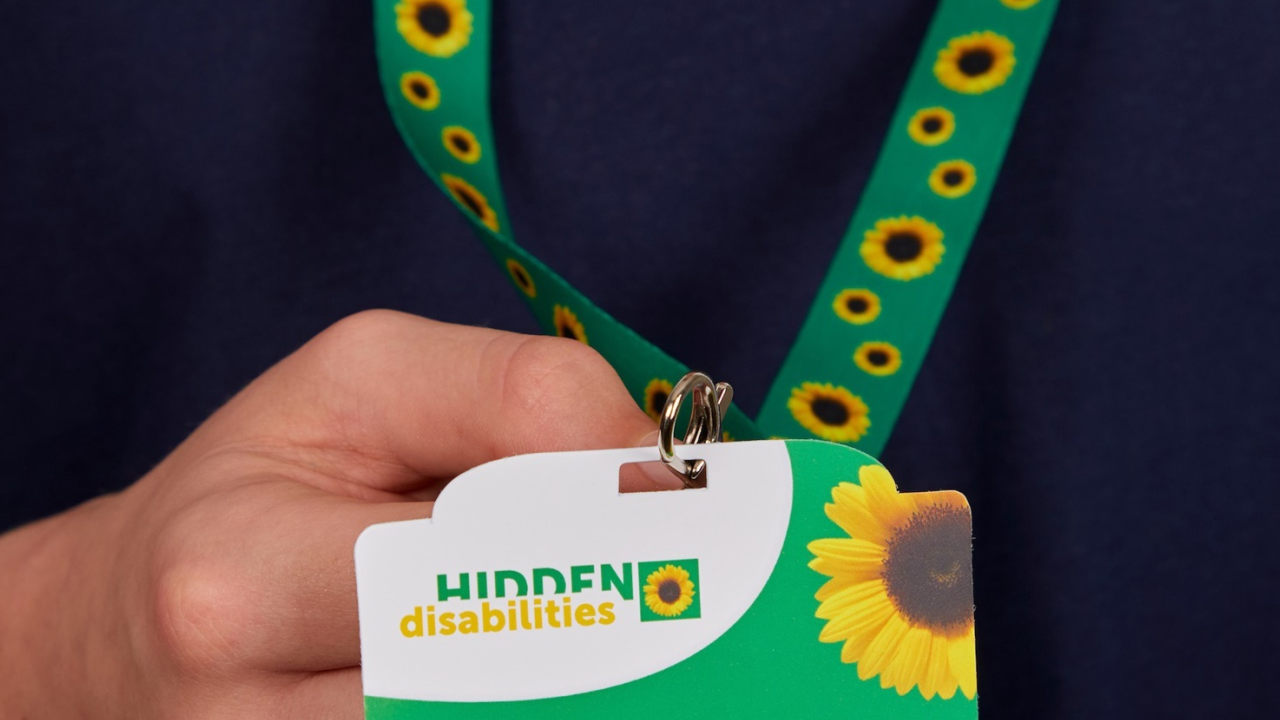Navigating Travel with Hidden Disabilities: Essential Tips for the Parkinson's Community
Living with Parkinson's disease comes with unique challenges,
especially when it comes to navigating daily life and travel.
Written by: Karen Nguyen
Thankfully, numerous airports globally have introduced initiatives to support travelers with hidden disabilities. One notable example is the Hidden Disabilities Sunflower Program, either a lanyard or sticker on your boarding pass that is free at information desks, discreetly indicate to airport staff that you may require additional assistance or patience.
Displaying the Sunflower Signifies You May Need Extra Help
Wearing this lanyard or putting the Sunflower sticker on your boarding pass serves as a signal for hidden disabilities, promoting understanding and patience among staff and fellow travelers, thereby raising awareness. It can alleviate anxiety by providing reassurance that your needs will be discreetly recognized and accommodated.
Air Travel Tips for the Parkinson's Community
Here are some practical tips:
Pre-Arrange Assistance: Contact your airline ahead of time to request any necessary accommodations.
Pack Smart: Keep medications and essential items in your carry-on for easy access.
Use Mobility Aids: Don't hesitate to use wheelchairs or mobility aids offered by the airport.
Plan for Extra Time: Allow for additional time at each stage of your journey to reduce stress.
Keeping Your Lanyard:
Once you receive the Sunflower lanyard, it's yours to keep, and you can bring it on future trips. With over 240 Sunflower-friendly airports globally, having your lanyard on hand ensures you're prepared for a comfortable and supported travel experience wherever you go.
Support Icons:
On your personalized Sunflower card, you can discreetly highlight the type of support you need. There is space to add up to five icons on the back of the card, but you only need to include the ones that are useful to you. You can add anywhere from one to five icons.
The Power of the Sunflower Lanyard Program
Since its launch in 2016, businesses from every sector have been joining the global Sunflower network. This includes companies in retail, travel and tourism, transport, railway networks, coach and bus services, and ferries. The network has also expanded to education (universities, schools, and colleges), healthcare, central and local government agencies, football teams, theme parks, theaters, and financial institutions.
Positive Feedback
Feedback from users has been overwhelmingly positive, with many reporting that the lanyard helps them navigate the airport more comfortably. As awareness of the program grows, so too will its benefits.
Sunflower Program Statistics
32% of Sunflower wearers use it while shopping; 21% use it when traveling abroad.
Over 90% of Sunflower wearers are more likely to visit a store in the Sunflower network.
Over 70% would recommend a Sunflower network store.
Over 60% of road users in England felt more confident using motorways with the Sunflower symbol on their vehicles
Unveiling Misconceptions: Hidden Disabilities Sunflower Program Explained
Common Misconceptions
Disclosure: You don't need to disclose your disability to get a Sunflower lanyard. There is no qualifying list of invisible disabilities.
Benefits: Wearing the Sunflower prompts people to offer assistance, allowing you or your carer to communicate your needs discreetly.
Explanation: You don't need to explain why you are wearing the lanyard. It simply signals that you might need extra help, understanding, or more time.
Usage: It’s up to you when to wear the Sunflower. Hidden disabilities can be situational, temporary, or permanent but not always present.
Learn More and Get Involved
While many airports and businesses are encouraged to consider joining the Hidden Disabilities Sunflower network. Embracing this program demonstrates a commitment to inclusivity and making a positive impact on the community.
Sometimes, people might question whether you have a disability because you don't look like you have one. Some disabilities, conditions, or chronic illnesses aren't immediately obvious to others. This can make it difficult for people to understand and believe that someone with a "non-visible" condition genuinely needs support.
By utilizing these resources and programs, individuals with Parkinson's and other hidden disabilities can enjoy a more accessible and stress-free travel experience. Embracing these initiatives is a step toward a more inclusive world.
Check if your airline has implemented this program: Airports around the world




